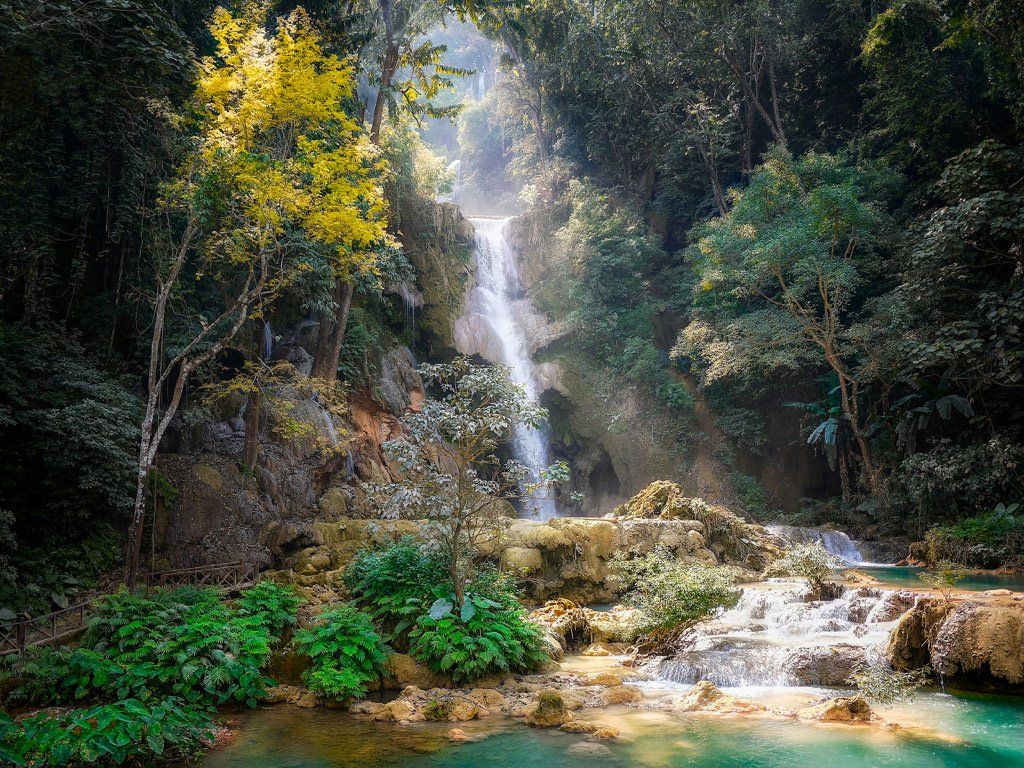

For my birthday this year, I am celebrating this trip around the sun by hosting a paradisiacal celebration in Central Park. Come join in the festivities!
The first time I read Dante’s Divine Comedy, I uncharacteristically jumped straight into the third book in the trilogy: Paradiso. I was twelve years old, browsing the box of withdrawn books at my library, an extremely worn and musty paperback caught my eye. I paid 25¢ for it.
Having grown up with little exposure to mainstream Christianity - and especially the Catholic church - much of the layered iconography and references to contemporary Italy were lost on me. I later reread the series in college with an Italian professor, but for that first time, I was on my own, exploring a 700-year-old open world adventure with no map.
I remember being struck by the intricate geometry of Dante’s cosmology: the celestial bodies traversing the skies in rhythms predictable and harmonious, the Empyrean portrayed as a trinity of interlocking Borromean rings. Over the course of one day, Dante travels through the nine spheres of Paradise. After his trip through the cosmic clockwork, Dante finds himself back on the very spot where he began his journey. A little older, a lot wiser.
Eden, Canaan, Jannah, Elysium… whether in theology, mythology, or fiction, the archetype of paradise is an image of satiety, but the promise is built on hope. Paradise is not bestowed; it is something that can be lost, something that can be regained. Or in more contemporary framing: Paradise is something we must build, for ourselves.
Paradise is a concept often explored in exile, and Dante was no exception. For him, paradise was eternally elusive. In 1301, he was expelled from his hometown of Florence. Leaving behind his wife and children, he spent the rest of his life in exile: itinerant, eternally wandering in search of a true home. During these years, he began to write, detailing every grievance he had with every individual he had ever met in Florence, in the Catholic church, or anywhere. This fourteenth-century burn book was later published in three parts as Inferno, Purgatorio, and Paradiso. The Divine Comedy.
The city of Florence formally apologized for Dante’s banishment recently, seven hundred years after his death. Dante, who died in exile and never returned to his hometown where his wife and children remained, would have loved to have had his sentence nullified. But had Dante never been exiled in the first place, the Divine Comedy would never have been written. Without this indignity, there would have been little need to write a three-volume magnum opus of revenge fantasy.
The stars may be in constant motion, but the night sky is remarkably stable, at least over a few hundred or thousand years. Even now, on a warm summer night, we can lie down, look at the sky, and see the same stars that were there 700 years ago. They trace out predictable orbits - paths we know are determined through the laws of gravitational attraction.
Dante did not know this. He was born centuries too early to know about the laws of gravity. So when he stopped one fateful night to sleep under the open sky, he could only wonder: “What force could be so powerful as to move the stars through the heavens?”
Saturday, July 27th, from 12PM onwards.
I’ll be there all day, weather-permitting, so come when you wish!
I’ll share a live location pin with everyone who RSVPs so you can find
us.
Central Park, Sheep Meadow (north side)
Exact spot: https://maps.app.goo.gl/TEr3Hgt7ddZokUaJ9
Wear clothing that will be comfortable for an afternoon outdoors in the park. Outfits are encouraged. On-theme inspirational ideas include:
We’re scheduling the festivities for Saturday, July 27th, but if the forecast calls for rain, we'll reschedule to Sunday (the 28th). If it looks like it will rain both days, we'll reschedule to another weekend.
Can’t wait to see you!